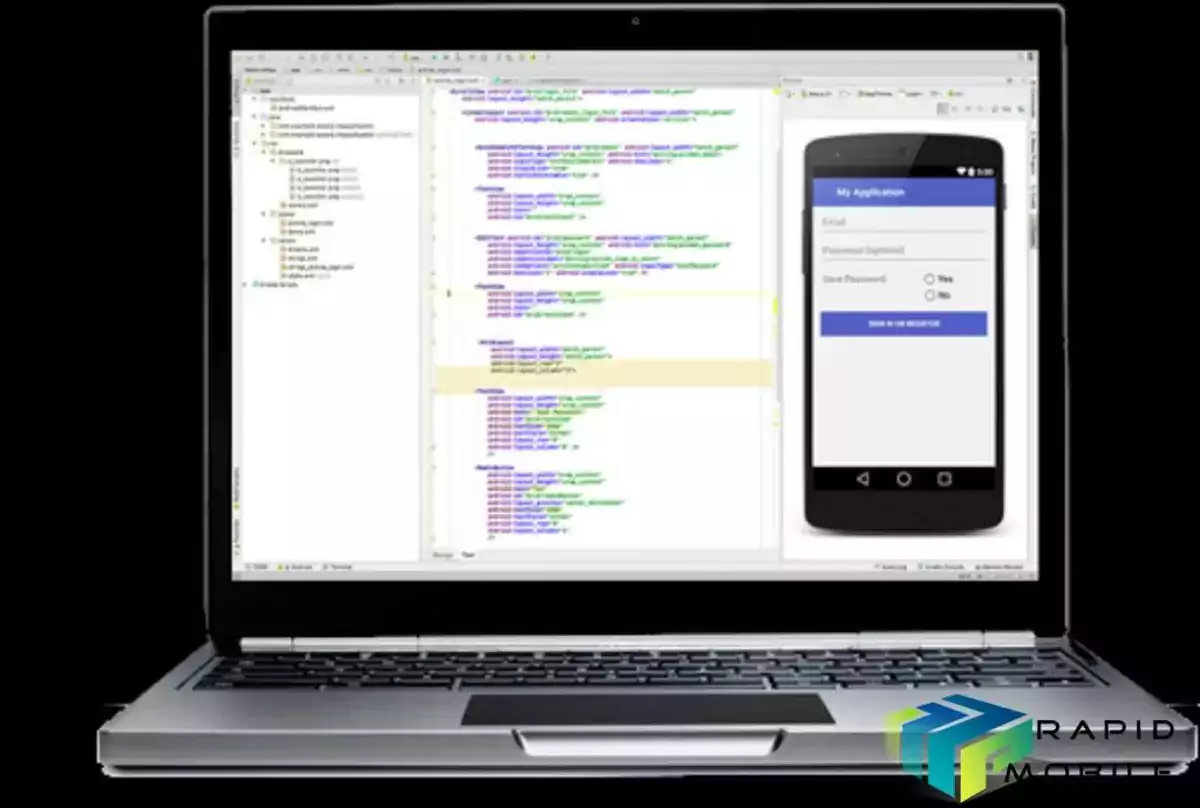Google has announced Android Studio 3.1 is now stable and available, featuring enhanced Kotlin support, smaller builds, recent IntelliJ platform updates and more.
Since becoming a first-class programming language option along with Java and C++ last May, Kotlin has enjoyed popularity among developers and Android’s core dev team.
In a video, Android Developer Advocate Wojtek Kaliciński announced further Kotlin functionality.
“On the Kotlin front, Android studio 3.1 now bundles the latest plugin and supports running lint checks for Kotlin code on the command line,” Kaliciński said.
“We plan to continue our work to make sure we’re providing first-class support for Kotlin in our developer tools.”
Even more new Kotlin functionality comes with updates to Android Studio’s underlying IntelliJ platform, specifically version 2017.3.3. That new functionality includes new Kotlin language intentions and built-in support for SVG image previews.
Jamal Eason, Android product manager, also highlighted smaller builds resulting from the switch from a legacy DX compiler to the new D8 dexer, used to convert Java bytecode to dex (Dalvik executable) code.
“D8 is now the default dex compiler in Android Studio 3.1,” Eason said.
“Replacing the legacy DX compiler, D8 dexing is an under the hood APK compilation step that makes your app size smaller, enables accurate step debugging, and many times leads to faster builds.”
Kaliciński said the feature results in:
- 10-15 percent smaller dex files
- Faster and more memory efficient dexing
- Incremental desugaring
- Better step-by-step debugging
C++ coders also received some good news with the new release, which features a C++ performance profiler to help troubleshoot performance bottlenecks in source code.
“We received a lot of feature requests for the Android profilers that were released in the last version of studio,” Kaliciński said.
“I’m happy to say that based on your feedback, we’ve added native CPU profiling for C++ code and the network profiler can now show request data and has a threads timeline.
“And to make it easier to find the information you need, the CPU and memory profilers now offer filtering by class or method name.”
Android Studio 3.1 can be downloaded here, and full details about all of the above and more can be found in the release notes.



